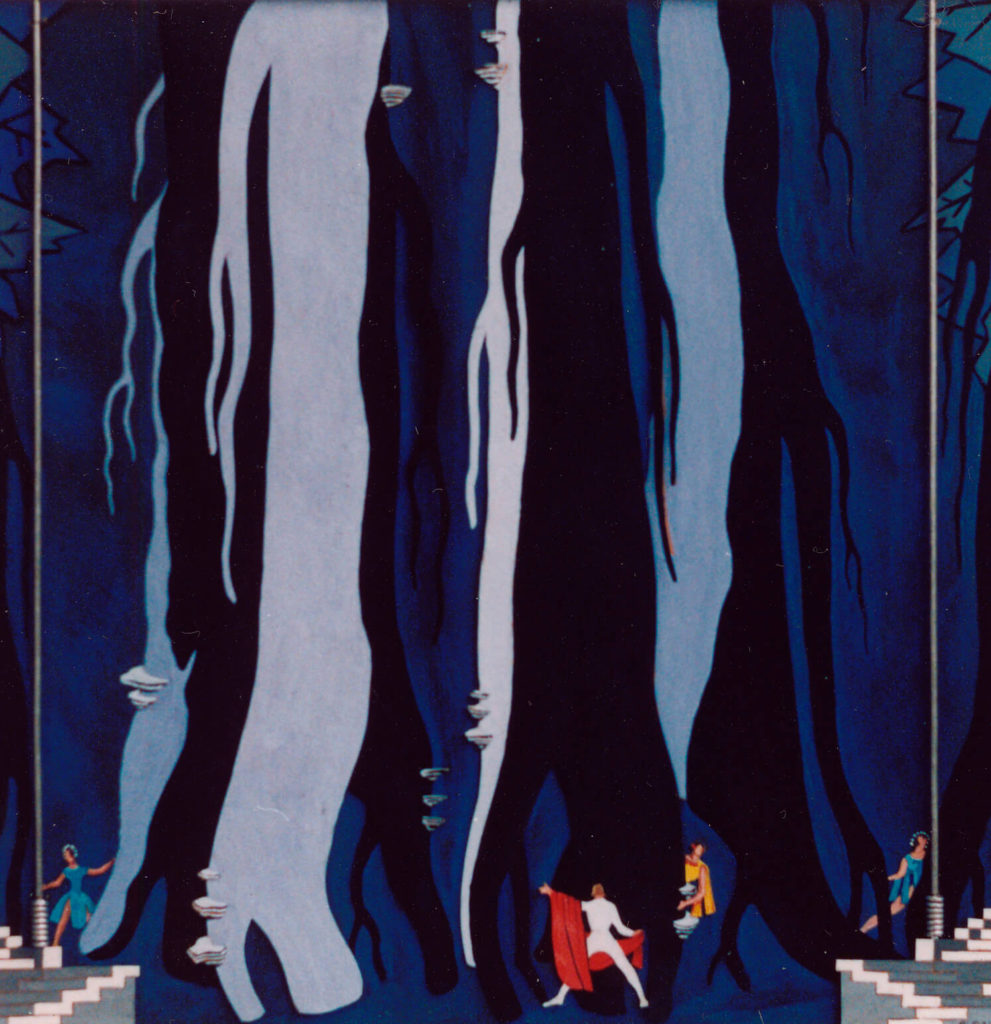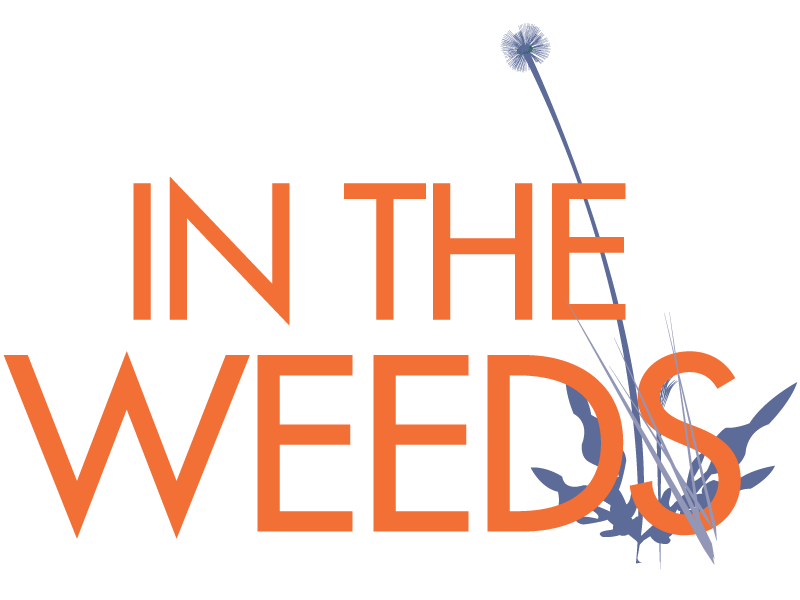
Fiction was never really my thing, which isn’t to say I don’t enjoy reading novels, but I was always a bit suspicious of it. I was more drawn to poetry’s bisecting truths. My husband, who’s written two novels, has tired of narrative in his middle age. He feels like he knows the outcomes all too well. Perhaps it’s a question of age. My daughter has certainly taken up the mantle – clutching her storytellers and walking in determined circles, she narrates her stories obsessively.
But lately I’ve been thinking about stories, both those I grew up on and the ones that are part of the Zeitgeist. I’ve been thinking about the fundamentals of storytelling.
If I had to explain Shakespeare to my kids, for example, I might tell them that there are two main types of plays – tragedies and comedies. Tragedies end in death and comedies end in marriage. There’s a balance there. Over and over, marriage, which implies birth, balances out the loss of tragedy.
I’m of an age when these are no longer just school rules. I’ve led a privileged life, a lucky one in many ways, but I’m old enough to have seen my fair share of tragedy – suicide, murder, betrayal, disappointment, self-deception that leads to a life of muddlement (to quote E.M. Forster). And I also know the ways in which the renewal of life redeems, even when it cannot heal.
But what happens when we can no longer take that renewal of life for granted? Yesterday, the United Nations released a summary of the findings of a new 1,500-page report on biodiversity. The New York Times reports that the “conclusions are stark.” As many as one million plant and animal species are at risk of extinction. The report also emphasizes the threat to human survival of such a dramatic decline in biodiversity.
I’m not a scientist. I’m not an expert on climate change or biodiversity but the writing is on the wall.
As I try to grapple with these unfathomable truths, I’ve been thinking about how this will rewrite our narratives.
Lately, I’ve been on a bit of a private Masterpiece Theatre binge – OK, not really a binge, but, when I do watch TV, I prefer British shows. My latest is a costume drama called Lark Rise to Candleford. It’s a pastoral, you might say, about two adjacent communities in Oxfordshire at the end of the nineteenth century, a poor hamlet of farm laborers and the nearby market town.
It’s a bit sappy, something I’m not averse to when in the right mood, but I know the real reason I’m drawn to it is the setting. It uses a traditional tropes to marry the human drama to the land, to the change of seasons, the challenges of farming and the rewards of a good harvest. It depicts a world in which life is harsh for the poor laborers – as when measles strikes suddenly or the landlord is ruthless – but there is lots of communal warmth and the human struggles are held is check by a world that is at once beautiful and eternal. Every morning, the sun returns. Every year, the spring returns.
I grew up in a version of this world. Most of us in my generation did. Changes were afoot, but we weren’t aware of them yet. The forest of my childhood and the surrounding farms were my Lark Rise, a world that rooted us, that wouldn’t budge, no matter what scrapes we got into.
It is very difficult to wrap one’s head around the fact that this is no longer the case.
We think of our human stories as fundamentally, well, human – human death balanced by human marriage. But we forget that they are all predicated on a natural world which holds us in place. What’s the famous line from As You Like It? “All the world’s a stage/ And all the men and women merely players.” That stage is the world, the natural world. Without it, the narrative goes to hell.
And that’s precisely what’s happening these days. Our new stories – many of them, it seems – are apocalyptic or post-apocalyptic. My hunch is that we find it comforting to imagine the worst and then write our way out of it.
Game of Thrones made quick work of the White Walkers in the space of one episode, but, then, a zombie war is necessarily ridiculous. There are only two feasible outcomes: annihilation or some kind of implausible exception to the rules, and that’s precisely what the show delivered. Of course it wasn’t satisfying: it’s a fake story.
But it’s not a zombie war we’re facing. It’s something much more complex and just as daunting.
I think narrative may play a role here. I watch my daughter tell stories and I see what stories do. They’re like training wheels for real life. They allow her to experiment with different ways of being in the world, to play different characters and hazard different outcomes.
There are, to be reductionist, honest stories and dishonest stories. I couldn’t say what distinguishes them exactly but you can feel it when you’re reading. (I would classify Elena Ferrante’s Neapolitan series as honest stories, if tasked to cite an example.)
Is it possible to think that we’re in a new childhood of sorts and that, like my daughter, we need to try out new stories, experiment new human roles and seek out better outcomes? Perhaps, but, like I said, I’m a bit suspicious of fiction. Stories teach us to be irrationally optimistic. And we can use stories to deceive ourselves. Still, I wonder. What would an honest but useful story be today?
